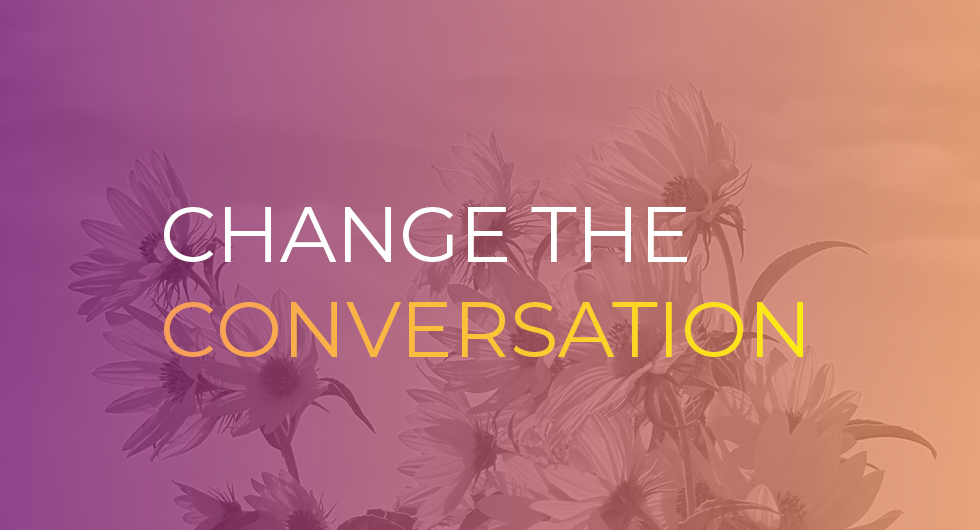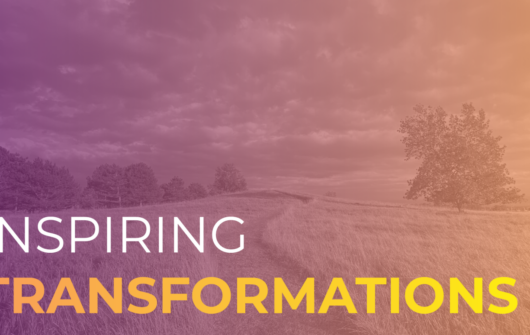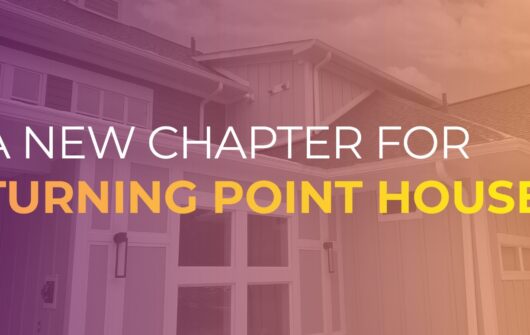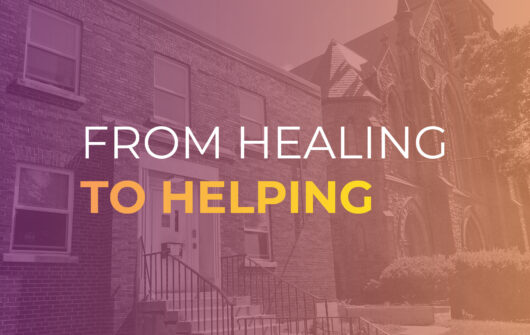Change the Conversation
Posted on: September 27, 2019

It’s time we change the conversation about substance use.
What do you think of when you hear the word “junkie?” How about “crackhead?” These words typically don’t bring positive images to your mind. Unfortunately, such labels are often used to describe people who need help. Even the word “addict” can have negative connotations.
Labels that impart shame and reinforce stigma can mean the difference between life and death. Like diabetes, having a substance use disorder is a treatable condition that has its roots in genetic predispositions and environmental causes. Despite this, people with the diagnosis often face staggering amounts of stigma. Sometimes this can come from unexpected places.
New Terms to Use
As mentioned last month, even clinical and medical professionals can suffer from this bias and reinforce stigma. A 2009 Center for Addiction Medicine study found that patients who were described as “having a substance use disorder” were more deserving of help and treatment. A simple change in language led to completely different perceptions by medical and clinical professionals. This is why we refer to people in our care as “people with substance use disorders” and not “addicts.”
Labels for people aren’t the only terms that need updating. Common words and phrases in our field are changing, too. For instance, if someone starts using drugs or alcohol again, this was previously called a “relapse.” Providers in the field are now calling it a “recurrence” or “recurrence of use.” This reflects the transition to using terms that are found elsewhere in the healthcare sector.
Additionally, the term “clean time” is changing, as well. It refers to the time someone has spent since the last time they used drugs or alcohol. But what happens if someone starts using again? Does that make them “dirty?” That association and thought could make it harder for someone to seek help if they’re using. Instead, we’re now calling this “time spent substance-free.”
Choice & Everyday Acts
Certain terms listed above have been used in self-help communities for decades, and many are still seen as positive. We want to provide the people in our programs with the choice to use whatever terminology they feel comfortable using. However, as clinicians and service providers, we are committed to describing our residents with language that reflects the medical model of having a substance use disorder.
Changing language can be a challenging prospect. Nevertheless, everyday acts like this can help to reduce stigma and shame for those seeking recovery in our communities. By simply changing the language you use, you can help people with substance use disorders know that treatment works and that they deserve help. People who feel supported by their communities are more likely to seek treatment earlier in the disease. If we change the conversation, we will save lives.
Other Recent Posts
Your donation can save a life!
In the grip of the opioid epidemic, you can make a difference. Any amount helps.





